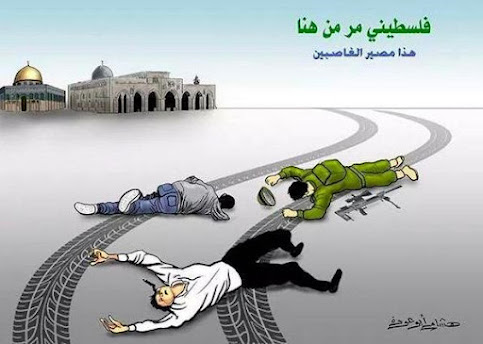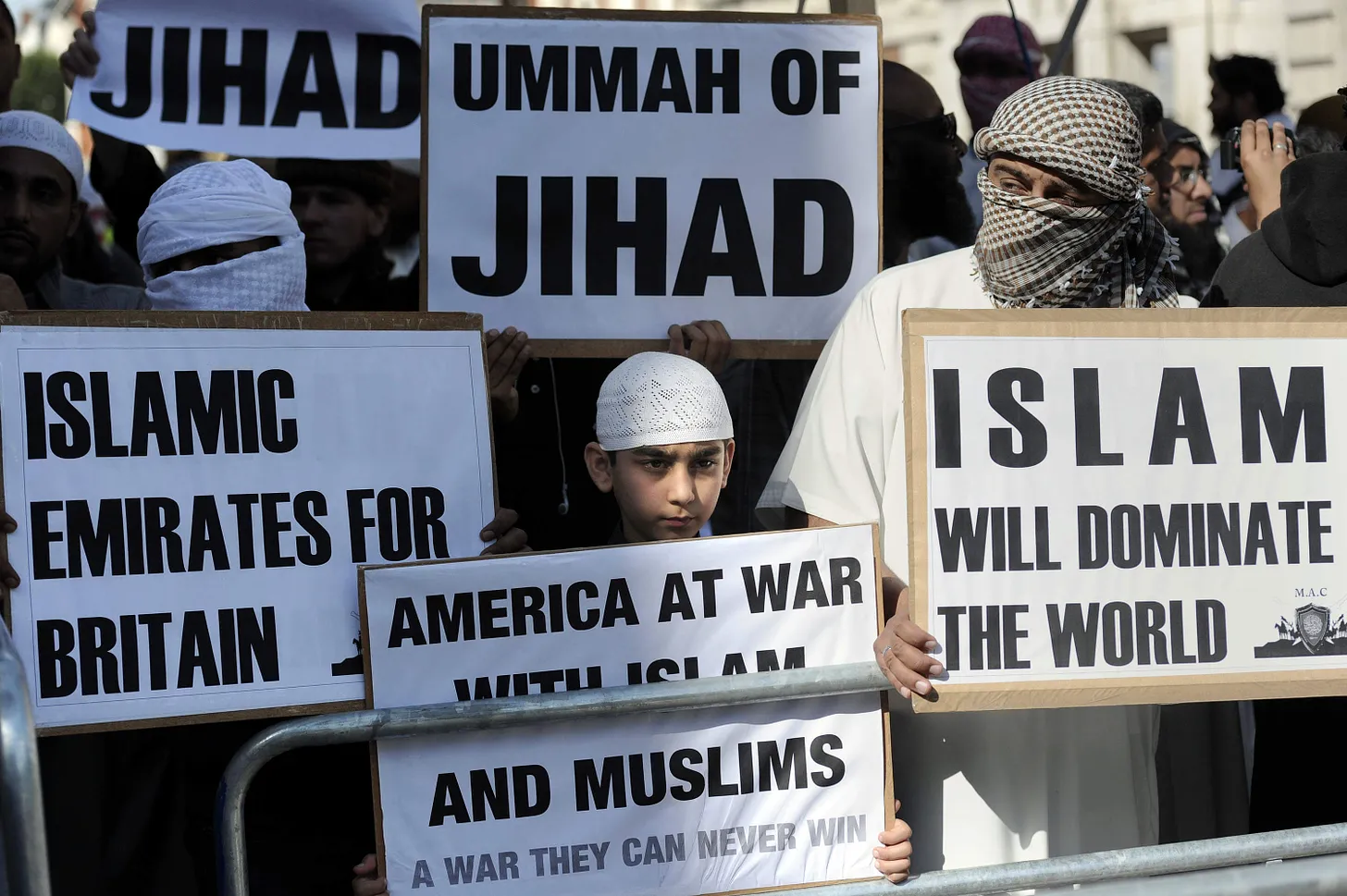Three thousand five hundred days of thwarted US justice
Jordan's refusal to extradite Ahlam Tamimi to the United States, despite her being responsible for the horrific 2001 bombing of a Jerusalem pizzeria that killed 15 people, including two Americans (one of them our daughter Malka Chana Roth), is a clear breach of the 1995 extradition treaty signed between the two countries.
The US Department of Justice brought charges against Tamimi in the United States District Court for the District of Columbia on July 15, 2013. That's 3,500 days ago as of today.
At the US government's request, those charges were promptly sealed by the court once they were signed off.
They then remained secret - even from the families of the victims of the atrocity, which includes us - for the next four years.
The eventual unsealing came on March 14, 2017, in a media announcement that featured tough language by determined American law enforcement officials.
Astonishngly, just six days later, a Jordanian court handed down a decision declaring the 1995 Jordan/US extradition treaty invalid. As Aljazeera reported, the decision meant Tamimi's extradition to face charges in Washington for her role in the Sbarro bombing was permanently blocked under Jordanian law. It was a contentious finding and one plainly contradicted by facts that we ourselves later discovered by suing the United States government in 2012 under the Freedom of Information Act.
The basis on which Jordan's Court of Cassation - the kingdom's most senior appellate court - relied is not an inherent flaw in the treaty but a flaw created by the Jordanian government itself. It relates to the ratification of the treaty, an essential step in the treaty-making process for both sides.
The United States says the treaty was ratified by Jordan. Even if that's wrong (and the evidence shows it's plainly not), Jordan has had more than a quarter century to fix it - to ratify in accordance with whatever legal requirements its judges say have to be observed. The fix could be done this afternoon. Or tomorrow.
Given the importance of the US-Jordan relationship and the grave nature of the crime for which Tamimi is charged, the US Congress ought to take action to press Jordan so that the fugitive is brought to American justice. In fact, it should have done this years ago but did not.
For its part, Jordan has failed to take any steps to rectify this situation, despite the obvious harm it causes to the victims and their families. The United States has repeatedly called on Jordan to fulfill its obligations under the treaty. But Jordan continues to flout its obligations with impunity right up until today.
Eyes On Islam: An Interview with Middle East Scholar Daniel Pipes
Daniel Pipes is an acclaimed authority in the realm of Middle East scholarship. With a Ph.D. from Harvard University, Pipes taught at universities around the country and served as an official in the U.S. Departments of State and Defense. The author of 16 books, his biweekly column is published in The Washington Times and other publications.How Art Museums Distort Jewish Culture, and Downplay Anti-Semitism
Pipes is perhaps most recognized for founding and operating the prestigious Middle East Forum. The MEF is an independent non-profit organization dedicated to promoting American interests in the Middle East. It includes Campus Watch, which exposes biases in Middle East Studies in American universities, and The Legal Project, which protects against predatory lawsuits filed by Islamists as well as combating free-speech restrictions.
I spoke with Dr. Pipes about the topics he specializes in: the role of Islam in public life, the Arab-Israeli conflict, and U.S. foreign policy. His views confirm his reputation as a fearless and sometimes controversial figure with the courage to express uncomfortable truths.
The peace agreements demonstrated that the Palestinian issue was not the problem. You have advocated for what you call the Israel Victory Project relating to Israel’s relationship with the Palestinian Arabs. Can you describe what it is and what kind of support it has garnered both within Israel and without?
Our efforts in the U.S. Congress were fairly effective. In 2017-2018, we had a caucus of, at its peak, 35 members in the House. We have since abandoned that and focused on Israel, the Knesset, and many other institutions. We are finding that there is a broad sympathy for the idea, which is a quite radical idea. Many people have spoken about the need to impress on the Palestinian Arabs that Israel is there and its government can’t be defeated. Israel Victory takes it a step further and says that not only do the Palestinian Arabs have to understand that Israel won’t be defeated, but the Palestinian Arabs need to be defeated. That’s going further than anyone else does.
How would you define defeat?
Very simply — defeat is imposing your will on your enemy. Whatever that might be. In this case, it would be accepting that Israel is there and permanent. My research suggests that through the past century about 20% of Palestinians have accepted that. Arabs played a very important role, especially in the pre-independence period, when they sold land, intelligence, and arms and provided all sorts of assistance to Jews. The rest are in denial, and the goal has to be to increase that [20%] to 40-60%.
How do you do that?
That is the challenge. First you have to make it your goal, which the Israeli government has not. Take Gaza. The current goal there is just to keep things quiet. My argument is that the Israeli security establishment — the IDF, intelligence services, police, and other services — just want quiet. They want no rockets or missiles coming out of Gaza and that’s acceptable to them. I’m saying it’s not. My argument is that there are three dangers: One is violence, be they missiles or knife attacks or anything else.
The second is, once again, the U.S. and European governments queuing up to have a peace process, which I call the war process and which is counterproductive. The third and, perhaps, most important, is the virulent hostility towards Israel around the world — on the left, among Muslims, from the far right, among various assorted dictators, and among certain Christian elements. No country has such hostility towards it [like] Israel has. So far that hasn’t had that much impact. Israel is flourishing, and so Israelis tend to shrug it off. I’m saying don’t be so cavalier.
In recent years, art museums have grown increasing concerned with a variety of questions that might be characterized as “woke.” Are the works of artists of different races and ethnicities displayed in galleries? Are black as well as white subjects represented in paintings? Museums have taken such steps in response as making sure to mention the role of the Netherlands in the trans-Atlantic slave trade in an exhibit on 17th-century Dutch paintings. Yet, observes Menachem Wecker, none of these sensitivities seem to apply to Jews. Thus works by Philip Guston are censored or guarded by trigger warnings, while no mention is made of the fact that Guston was Jewish, or that he might have been responding to anti-Semitism with his work.
Wecker produces numerous examples of museums downplaying anti-Semitic portrayals of Jews in artworks, while often failing to identify such artists as Chaim Soutine as Jews—even when Jewish themes figure prominently in their art. Nor do Catholics fare much better, with anti-Catholic pieces like the now-notorious 1987 Piss Christ receiving ample contextualization intended to downplay controversy, whereas “when there’s no controversy, museums insert controversy.”



















































